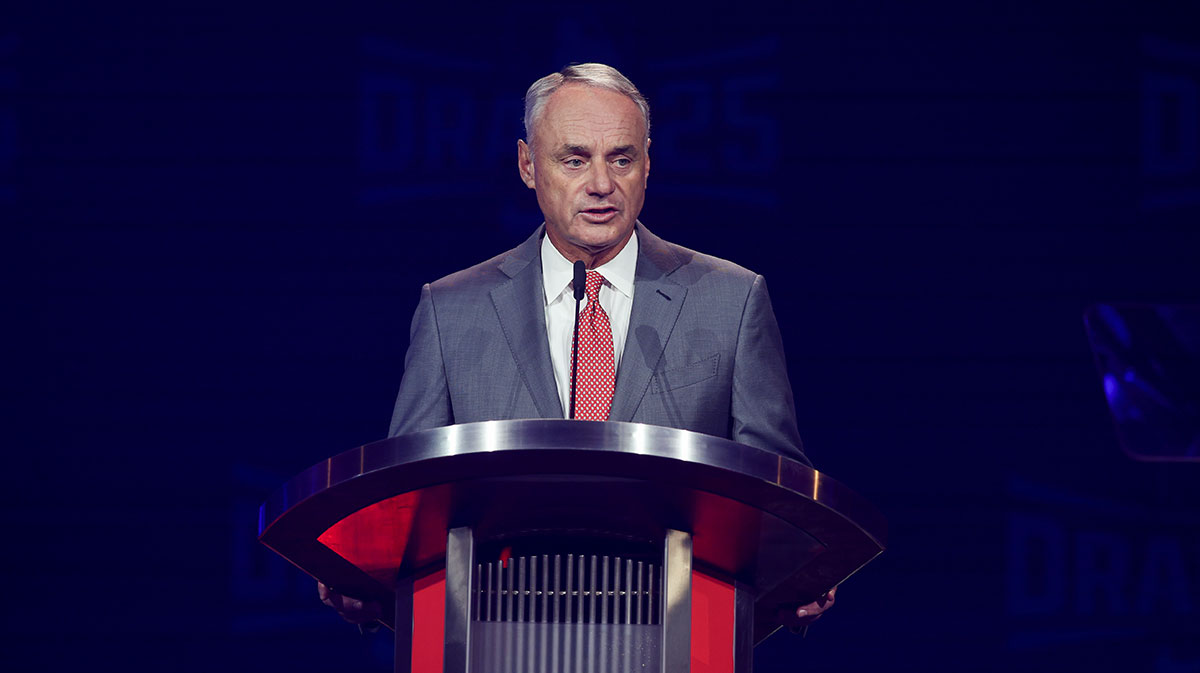The Baseball Hall of Fame in Cooperstown, New York, is a relic of America's Pastime. But for years, many of the best players have not been enshrined for one reason or another. For Pete Rose and ‘Shoeless' Joe Jackson, it was gambling-related accusations that had them banned for life. On Tuesday, MLB commissioner Rob Manfred changed the lifetime ban rules, potentially opening the door for Rose, Jackson, and many others to a posthumous Cooperstown ceremony.
Pete Rose's family argued for his reinstatement in January, which was a few months after he passed away. Manfred sent a letter to their lawyer, which outlined the change in the rule. It was exclusively obtained by ESPN's Don Van Natta Jr.. “Obviously, a person no longer with us cannot represent a threat to the integrity of the game. Moreover, it is hard to conceive of a penalty that has more deterrent effect than one that lasts a lifetime with no reprieve.
According to Van Natta, this ruling reinstates 16 players and one owner. It does not mean that Rose and Jackson can be immediately inducted into the Baseball Hall of Fame. Their board needs to admit them onto the ballot, and then the committee has to vote them in. Van Natta says that the earliest it can happen is 2028.
“Rose and Jackson's candidacies presumably will be decided by the Hall's 16-member Classic Baseball Era Committee, which considers players whose careers ended more than 15 years ago. The committee isn't scheduled to meet again until December 2027. Rose and Jackson would need 12 of 16 votes to win induction,” Van Natta wrote.
MLB statement on Pete Rose and Joe Jackson's reinstatement

Manfred released a statement, which MLB's official account posted on social media.
Major League Baseball issues policy decision on permanent ineligibility status after death: https://t.co/T4EA7Qyi8e pic.twitter.com/7Byd9syrV5
— MLB (@MLB) May 13, 2025
“In my view, once an individual has passed away, the purposes of Rule 21 have been served,” Manfred wrote. “Obviously, a person no longer with us cannot represent a threat to the integrity of the game. Moreover, it is hard to conceive of a penalty that has more deterrent effect than one that lasts a lifetime with no reprieve. Therefore, I have concluded that permanent ineligibility ends upon the passing of the disciplined individual, and Mr. Rose will be removed from the permanently ineligible list.
“I want to emphasize that it is not part of my authority or responsibility to express any view concerning Mr. Rose’s consideration by or possible election to the Hall of Fame. I agree with Commissioner Giamatti that responsibility for that decision lies with the Hall of Fame.”




















